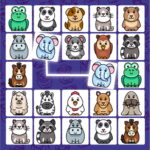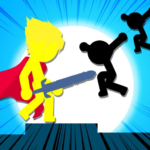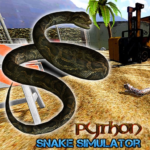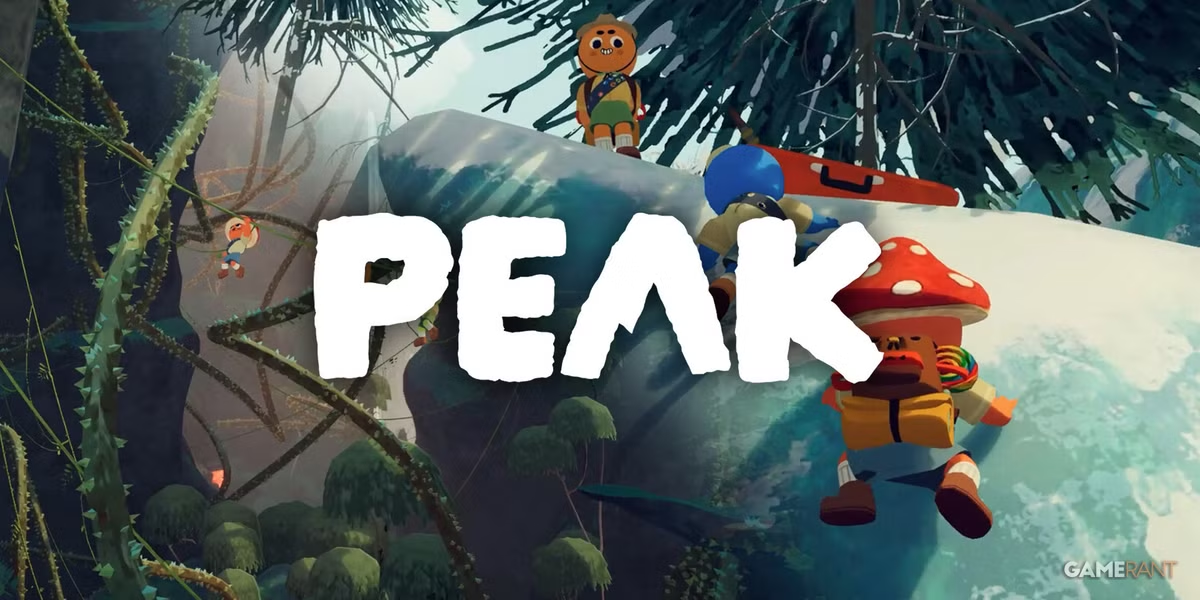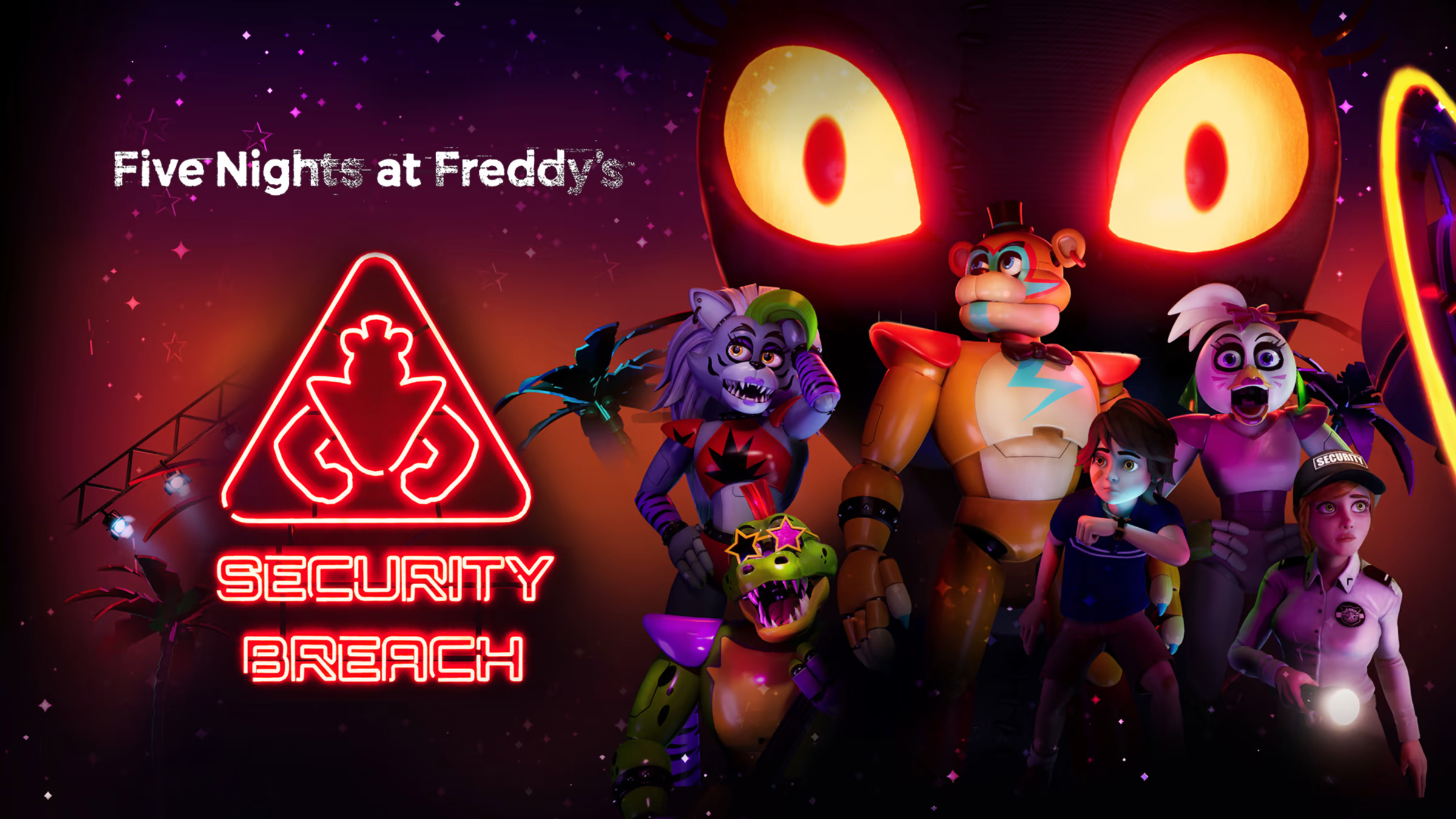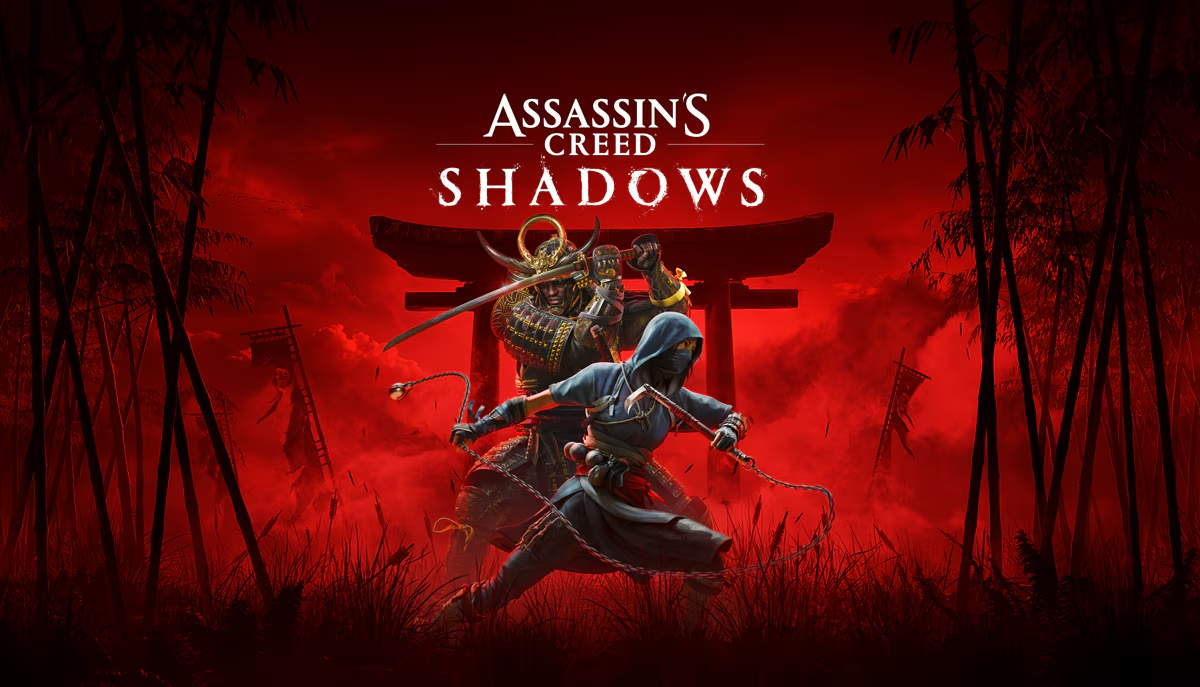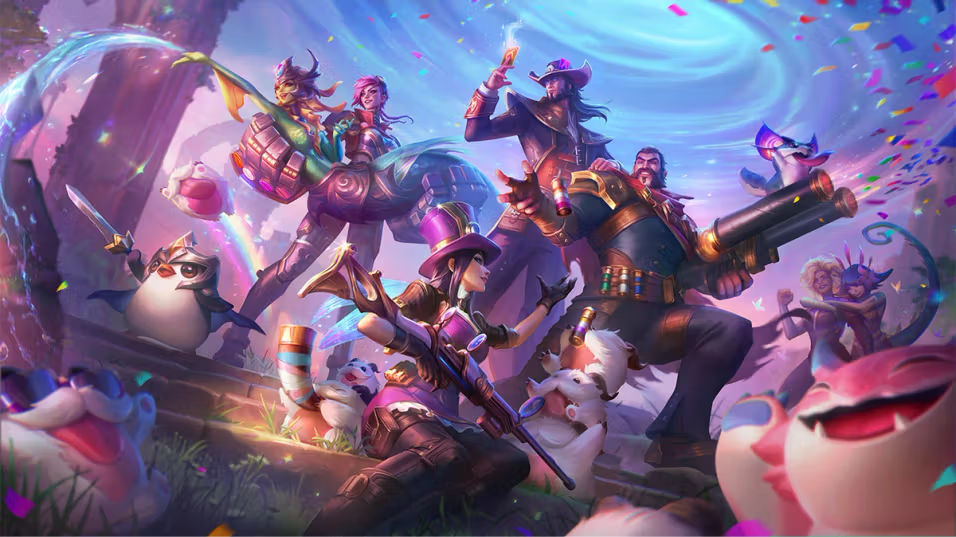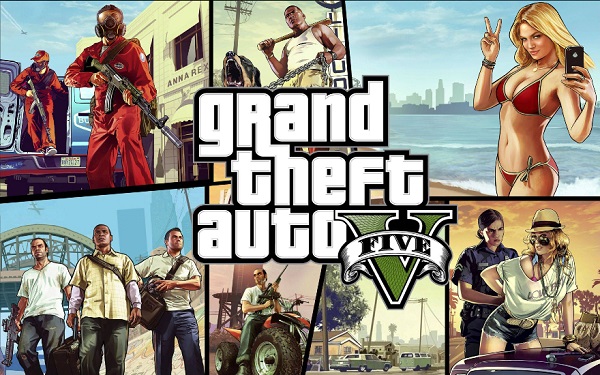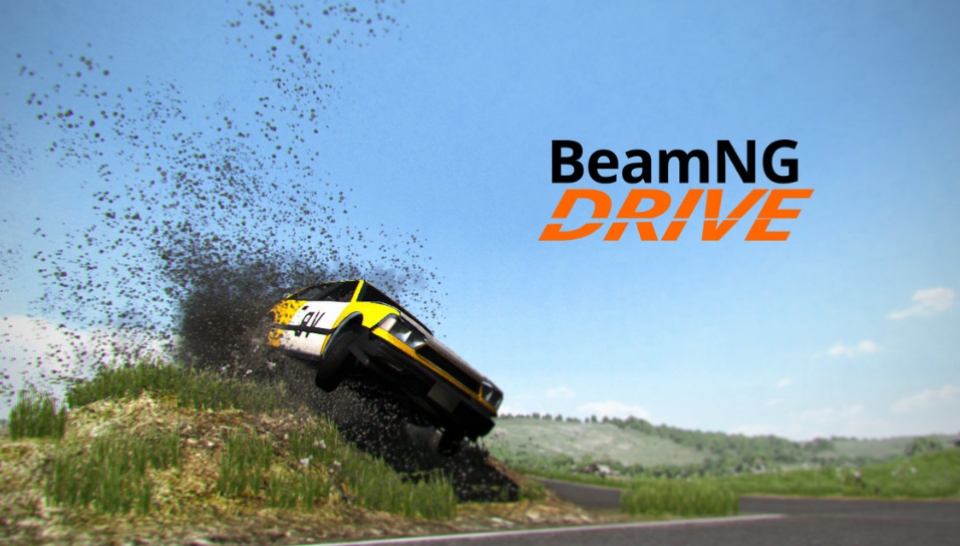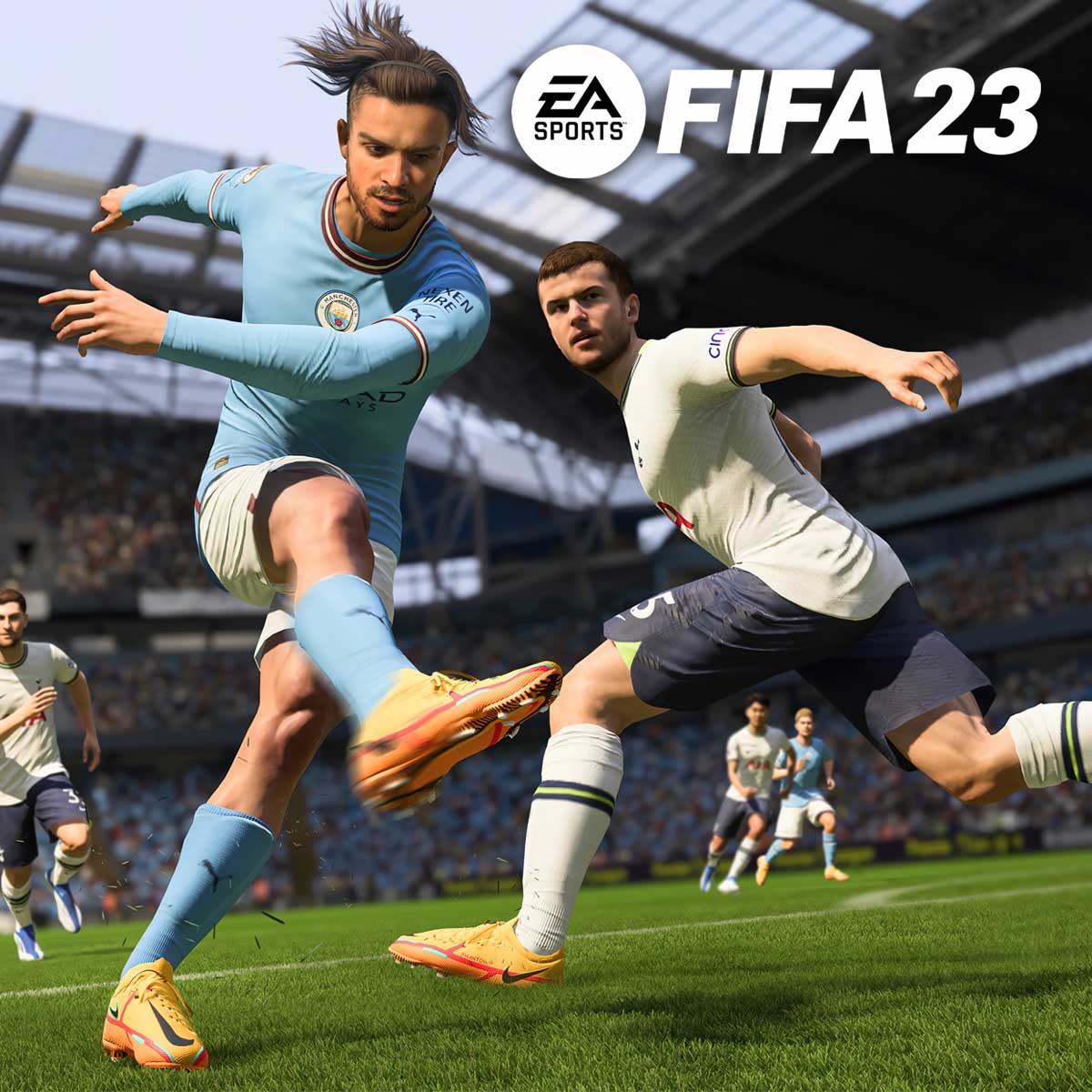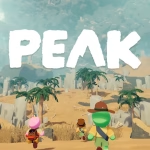Geometry Dash is a rhythm-based platformer game developed and published by Robert Topala under his company, RobTop Games. Originally released in 2013 for mobile platforms and later expanded to PC, Geometry Dash quickly became a cult hit thanks to its fast-paced gameplay, challenging levels, and user-generated content system.
This article explores the gameplay mechanics, design philosophy, music integration, community impact, and pros and cons of this highly addictive game that blends timing, music, and reflexes into a uniquely satisfying experience.
1. Introduction to Geometry Dash
A Simple Concept with Surprising Depth
At first glance, Geometry Dash appears deceptively simple: players control a square that jumps over spikes and obstacles in time with the beat of electronic music. However, beneath that simplicity lies an intensely difficult game that demands perfect timing, muscle memory, and rhythm awareness.
Platform Availability
Geometry Dash is available on iOS, Android, and Windows (via Steam), with a lite version available for free and a full version offering additional levels, features, and the level editor.
2. Core Gameplay Mechanics
Jump, Fly, Flip
The gameplay involves one-touch controls: tap to jump, hold to fly, and release to fall. While the mechanics are easy to understand, the levels themselves become progressively more difficult, requiring precise timing and complete memorization.
Instant Restarts
One of the game’s key design strengths is its instant restart feature. When a player dies (which happens often), the game immediately restarts the level from the beginning, eliminating downtime and encouraging a “just one more try” mindset.
3. Level Design and Difficulty
Official Levels
The full version includes 21 official levels, each with a unique theme, soundtrack, and set of mechanics. From simple jumps in “Stereo Madness” to intense sequences in “Deadlocked,” the difficulty scales up significantly.
User-Created Levels
Geometry Dash’s level editor has spawned millions of custom levels, some even more difficult and creative than the official ones. This has fueled a thriving community of creators and competitive players.
4. Music Integration
Rhythm-Based Platforming
Each level is synced with high-energy electronic music, making rhythm not just an aesthetic choice but a gameplay mechanic. Jumps and actions are often timed to the beat, giving players an audio cue to help navigate complex patterns.
Featured Artists
The game features tracks from artists like DJVI, Waterflame, F-777, and MDK, whose music has become iconic among fans. These tracks energize the gameplay and provide memorable experiences.
5. Game Modes and Features
Practice Mode
Practice Mode allows players to place checkpoints throughout a level to master difficult sections without starting from scratch. It’s an essential tool for progressing through harder stages.
Achievements and Icons
Players unlock new icons, colors, and trails by completing certain in-game tasks or meeting level goals. These cosmetics provide motivation and personalization options.
6. Community and Custom Content
Level Editor
The in-game editor is a powerful tool that allows players to build their own levels with intricate designs, custom music, and game mechanics. Top-rated user levels are featured in-game by RobTop.
Competitive Scene
While not an official esport, Geometry Dash has a dedicated competitive community. Some players focus on completing “Extreme Demons”—the most difficult custom levels in the game.
7. Visual and Audio Design
Minimalist but Stylish
Geometry Dash uses geometric shapes, vibrant colors, and fluid animations to create a clean yet dynamic visual experience. The visuals never feel cluttered, which is crucial when precision is key.
Sound Effects and Feedback
Every action, jump, or crash has satisfying sound effects, and the visual/audio feedback system plays a big role in helping players master timing and rhythm.
8. Updates and Development
Slow But Significant
While updates from RobTop have been infrequent, they are often substantial. For example, Update 2.1 introduced new gameplay mechanics and icons, while the long-awaited 2.2 update is expected to be a game-changer with major improvements and content additions.
Future Expectations
The community remains eager for version 2.2, which is set to bring new game modes, camera controls, trigger systems, and improved editing tools, expanding creative possibilities.
9. Final Verdict and Rating
Expert Rating Breakdown
-
Gameplay and Mechanics: 9 / 10
-
Sound and Music Integration: 9.5 / 10
-
Creativity and Level Design: 8.5 / 10
-
Accessibility and Learning Curve: 7 / 10
-
Community and Replayability: 9 / 10
Overall Score: 8.8 / 10
Geometry Dash is a rhythm-based masterpiece that continues to challenge and captivate players even years after its release. Its tight controls, pulsating soundtrack, and endless community content make it a standout in the platformer genre. While its difficulty may deter some, those who embrace the challenge will find an incredibly rewarding and addictive experience.
















